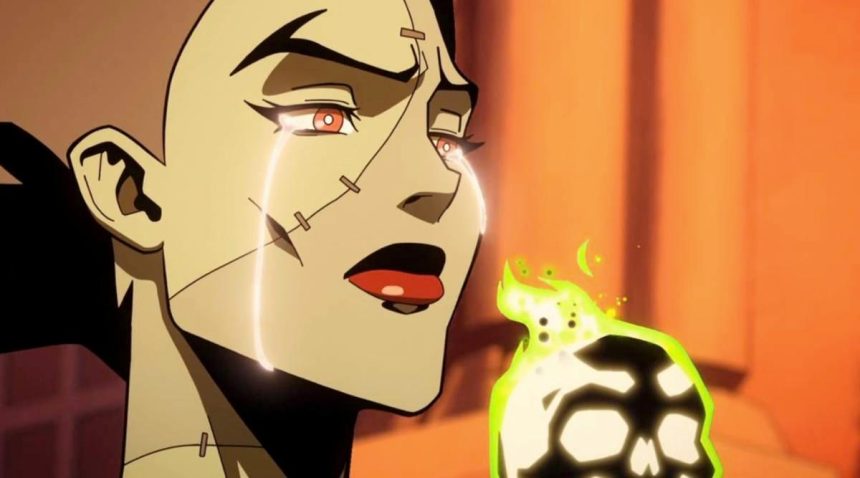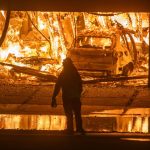Creature Commandos and the Evolving DC Universe
The inaugural season of "Creature Commandos," the first official project in the newly established DC Universe (DCU), has concluded, leaving viewers with a reshaped team and intriguing connections to the previous DC Extended Universe (DCEU). The finale’s climax saw the team decimated, leaving only The Bride, Weasel, and Dr. Phosphorus as survivors. However, reinforcements arrived in the form of a resurrected and upgraded G.I. Robot, alongside new additions Khalis, a revived mummy, and Nosferata, a vampire with a history in DC lore. The most significant arrival, however, was King Shark, previously seen in James Gunn’s "The Suicide Squad," marking a notable crossover between the old and new DC cinematic landscapes.
King Shark’s inclusion, albeit briefly voiced by Diedrich Bader, adds another layer to the intricate web connecting Gunn’s prior DCEU projects with the nascent DCU. This blurring of lines has been a recurring theme, particularly with characters from "Peacemaker" seamlessly transitioning into the new continuity. Amanda Waller, a central figure in both "Peacemaker" and "The Suicide Squad," continues her influential role, and John Cena is expected to reprise his role as Peacemaker in a second season explicitly confirmed as DCU canon. The ramifications of "The Suicide Squad" also persist, with Rick Flag Sr.’s grief over his son’s death at Peacemaker’s hands serving as a poignant reminder of past events.
This interconnectedness raises questions about the fate of other "Suicide Squad" survivors, including Weasel, Ratcatcher II, Bloodsport, Harley Quinn, and King Shark. With Weasel and King Shark now confirmed within the DCU, the status of characters like Idris Elba’s Bloodsport remains uncertain. The most prominent question mark hangs over Margot Robbie’s Harley Quinn, a character who has become a fan favorite through her appearances in "Suicide Squad," "Birds of Prey," and "The Suicide Squad." While the events of these films appear to remain canonical, Robbie’s own statements suggest a desire to move on from the role, opening up the possibility of another actress inheriting the mantle of Harley Quinn in the future.
Robbie’s departure, while seemingly definitive, doesn’t necessarily erase Harley Quinn from the DCU. The events of her previous appearances could remain canon, allowing for a future recasting without disrupting established continuity. However, with no current DCU projects featuring Harley Quinn, such a reintroduction seems unlikely in the near term. The focus for now remains on other corners of the DC universe, with "The Brave and the Bold" slated as the next Batman-related project, a story unlikely to involve Harley Quinn. For the time being, fans of the character will have to content themselves with Kaley Cuoco’s animated portrayal.
The integration of characters and storylines from the DCEU into the DCU presents a complex narrative challenge. Maintaining consistency while allowing for creative freedom requires careful consideration of character arcs, timelines, and overall narrative cohesion. While certain elements, such as the events of "The Suicide Squad," appear to be fully integrated, other characters like Harley Quinn occupy a more ambiguous space. The decision to recast, reboot, or simply retire certain characters will significantly shape the future of the DCU.
The evolving DCU landscape underscores the dynamic nature of comic book adaptations. The inherent flexibility of these narratives allows for creative reinvention, crossovers, and reboots, ensuring that characters and stories can continue to resonate with audiences across generations. The inclusion of King Shark in "Creature Commandos," alongside the continued presence of characters like Amanda Waller and Peacemaker, demonstrates a commitment to building upon the foundations laid by the DCEU while forging a new path forward. The ultimate success of this approach will depend on the ability to create compelling stories that honor the past while embracing the future of the DC Universe.



